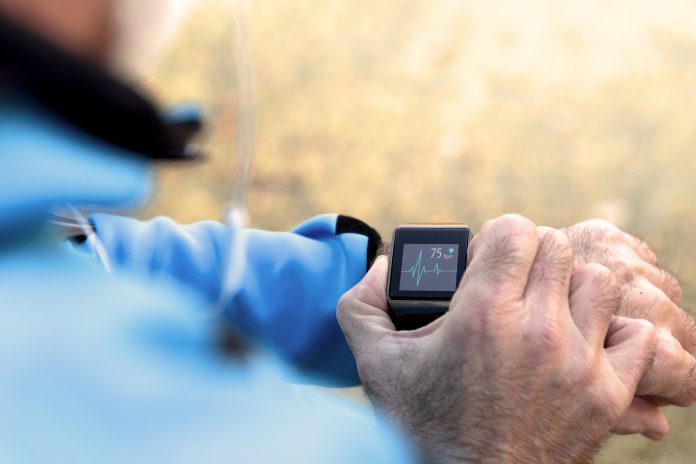
Artificial intelligence-driven remote health monitoring and digital health company Empatica announced on Tuesday that its Empatica Health Monitoring Platform was cleared by the U.S. Food and Drug Administration (FDA). The platform analyzes data from the company’s CE-certified EmbracePlus wearable which captures blood oxygen saturation (SpO2), peripheral skin temperature, activity associated with movement during sleep, and Electrodermal Activity (EDA) data.
“This clearance represents a significant step forward for our scientific community,” said Marisa Cruz, CMO of Empatica. “Patients, healthcare providers, and researchers deserve digital health products that are accurate, validated in diverse populations, and intuitive to use. We are proud to have built a solution that accomplishes these goals, offering a high-quality and reliable digital health tool to scientists working to improve patient outcomes through research and clinical care.”
Empatica is currently deployed globally by pharmaceutical companies to continuously gather and analyze patient physiological data remotely during clinical trials. Using its proprietary algorithms, the company also aid pharma sponsors to identify biomarkers and develop clinical study endpoints to improve the efficiency of clinical trials.
According to the company, each of its biomarkers is developed is based on its trained algorithms that which analyze data provided at one-minute intervals by the remote wearable devices. The algorithms, which have been validated in clinical trials on a diverse population of users, provide “research-grade” digital biomarkers for pulse rate, pulse rate variability, and respiratory rate, among others. Platform uses can also collected raw data from the wearables for their own analysis. Its Empatica platform is currently used for a broad range of studies including those in stress, sleep, epilepsy, migraine, depression, addiction, and other conditions.
Boston-based Empatica was launched in 2013 as a spinout of MIT’s Media Lab. An early collaboration for the company was with The Epilepsy Foundation of America to create a watch-like wearable device for alerting and monitoring for grand mal seizures and help reduce cases of Sudden Unexpected Death in Epilepsy (SUDEP). The 2014 collaboration resulted in the development of Embrace, which—along with the accompanying Alert software—in 2018 became the first medical wristwatch cleared by the FDA for applications in epilepsy.
The company’s partnerships to apply its Embrace technology and the subsequent data collection and analysis platform, are broad and varied. For instance, NASA is working with Empatica to create a wearable device that will monitor the health of the astronauts on the first manned mission to Mars. It is also working with the U.S. Army on a wearable and accompanying algorithm for the early and pre-symptomatic detection of COVID-19 and also has a contract with Japanese tech company NEC on a health study to help Japanese employees measure stress levels related to the phenomenon known as karoshi (overwork death).
In other news, Empatica announced the recent closing of a Series B financing, led by Sanofi Ventures and RA Capital Management. The funding, the amount of which was not released, will be used to expand Empatica’s suite of digital biomarkers, for use in patient care, and as digital endpoints in clinical trials.
“We are excited to team up with Empatica, their investors and partners on this journey.” said Cris De Luca, partner at Sanofi Ventures and newly-appointed Empatica board member. “By gaining higher resolution into disease symptomology through novel digital measures and digital biomarkers in clinical and real-world settings, Empatica is unlocking the possibilities of early disease detection, enhanced treatment decisions, and improving quality of life for patients around the world.”












